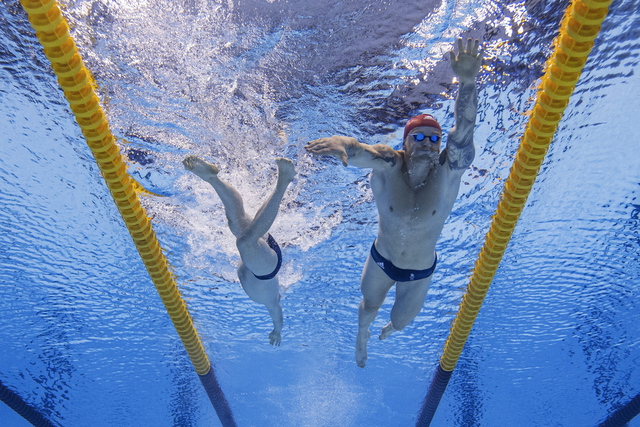The World Anti-Doping Agency (WADA) stated on Tuesday that it is looking into why athletes in China and other nations who test positive for illicit substances are avoiding penalties by saying they took the chemicals unintentionally through food, The New York Times reported.
In one instance, two top-level Chinese swimmers tested positive for a potent steroid in 2022, but were later exonerated when China’s anti-doping agency attributed the results to tainted hamburgers. It was the third instance in the past several years that China attributed positive test results among its national swimming squad on food contamination.
While looking into the two swimmers’ positive tests, WADA also examined other cases involving two Chinese athletes in shooting and BMX bike riding. They had both tested positive in early 2023 for trace amounts of the same banned drug, metandienone. China’s anti-doping regulator, however, found metandienone in dozens of meat samples and ultimately cleared the athletes. WADA then began its own ongoing inquiry to assess the scale and risk of meat contamination with metandienone in China and other countries.
“Based on the number of cases, clearly there is an issue of contamination in several countries around the world,” WADA stated. The agency expressed concern about the increasing number of cases closed without sanction due to the contamination defense, which is typically difficult to challenge successfully in the sports court system.
But the problem extends far beyond China. WADA mentioned cases in the United States involving “highly intricate contamination scenarios” that were accepted as legitimate reasons not to punish athletes.
In Washington, a bipartisan group in the U.S. Congress announced legislation to give the United States more leverage over WADA by allowing the White House to withhold funding. The United States contributes about $3.6 million annually to WADA’s $50 million budget, more than any other country. “Our message is simple: We will not be silenced for trying to promote fair play,” said Republican Sen. Marsha Blackburn, one of the bill’s sponsors. She expressed concern over efforts by the International Olympic Committee (IOC) and WADA to pressure the United States to stop a federal investigation into the handling of the positive tests of the 23 Chinese swimmers.
The New York Times reported in April that 23 Chinese swimmers who tested positive for another performance-enhancing drug before the Tokyo Olympics were cleared after China’s anti-doping regulator concluded they had consumed the substance unwittingly through food at a hotel.
British taekwondo champion Jade Jones recently avoided a doping ban despite refusing to provide a sample to drug testers. Such a refusal typically results in a ban. Jones was cleared due to “exceptional circumstances” that remain undisclosed.











